Welcome to Express Global
Project logistics
Ship Suppliers and Ship Chandler Industry
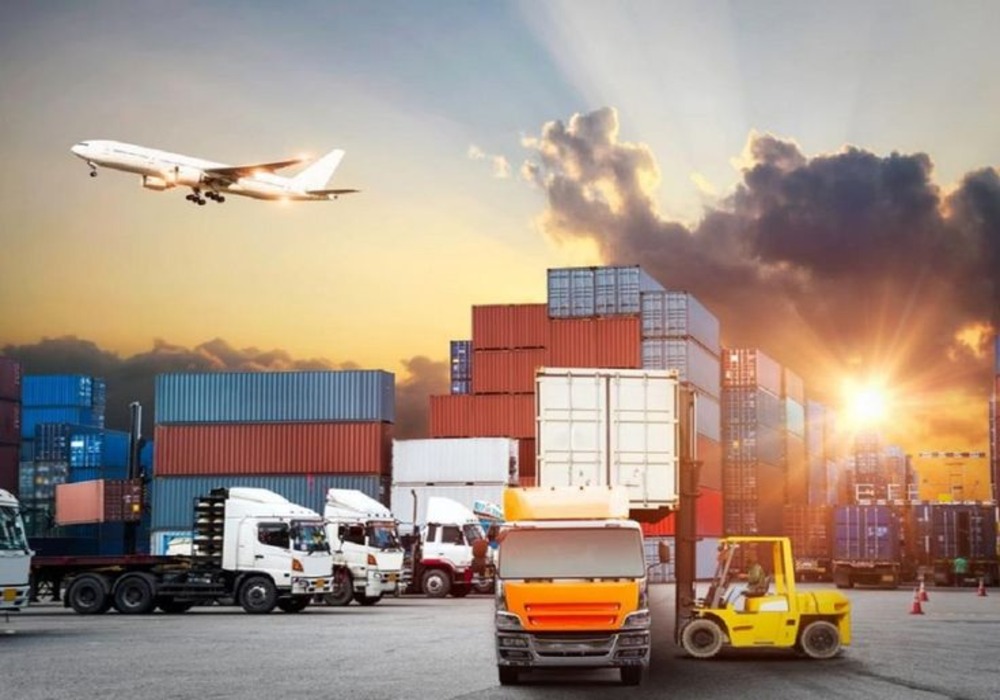
Business Verticals
Project logistics
Project logistics refers to the specialized management and transportation of large, complex, and often custom-engineered projects that require precise coordination across various stages of the supply chain. These projects typically involve the movement of heavy, oversized, or high-value equipment and goods to remote locations or specific project sites, such as industrial plants, construction sites, or energy projects.
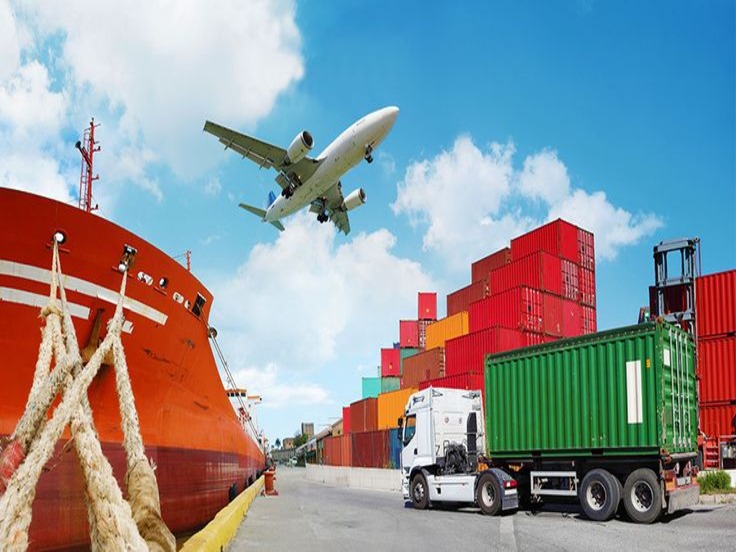
Welcome to Express Global
It involves close collaboration between suppliers, contractors, and logistics providers to ensure that every element of the project is delivered on time, safely, and efficiently. This type of logistics is crucial for industries such as oil and gas, mining, engineering, and infrastructure development, where specialized expertise and careful execution are paramount.
Project logistics Advantages
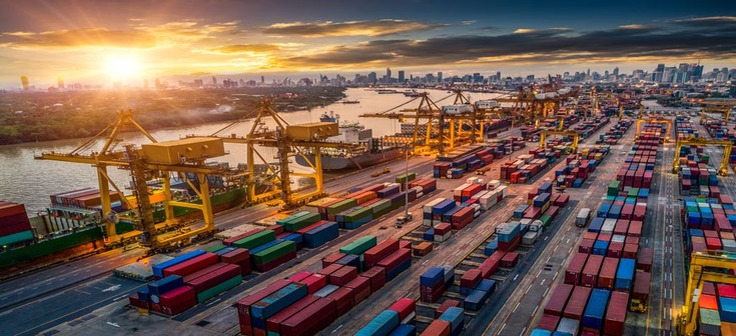
Customization and Planning
Focuses on optimizing daily operations and efficiency for ongoing supply chain needs. Requires detailed, bespoke planning tailored to the specific needs of a project, including route optimization, risk management, and strict adherence to timelines and industry regulations.
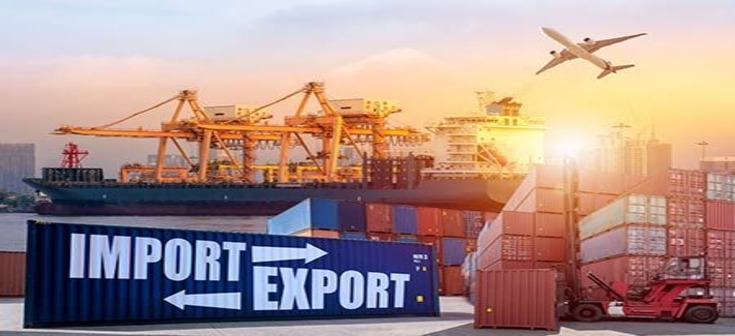
Equipment and Transport Needs
Handles standard pallets, containers, or smaller shipments that can easily fit within conventional transport systems. Involves heavy-lift, oversized, or specialized transportation for large machinery, components, or unique project elements that require unique handling solutions.
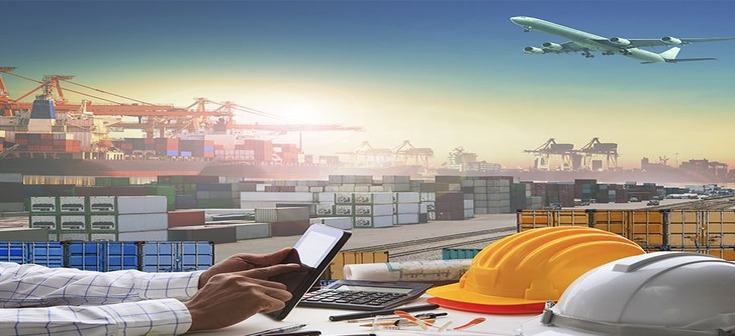
Duration and Lifespan
Typically involves short-term, recurring shipments for ongoing business operations. Often spans long durations and is focused on one-time or long-term, large-scale projects that require a dedicated supply chain from start to finish.

Cost Management
Focuses on optimizing cost through efficient operations and volume handling. Focuses on managing large, project-specific costs such as heavy transport, specialized handling, and long-term warehousing, often requiring custom pricing models.
Enhanced Coordination and Planning
Project logistics ensures seamless coordination between multiple stakeholders, including suppliers, contractors, and transportation providers, ensuring all aspects of the project are managed effectively.
Specialized Transport Solutions
Provides tailored logistics solutions for oversized, heavy, and sensitive equipment, ensuring they are transported safely to remote or challenging project sites.
Advantages of Project logistics service with Express Global
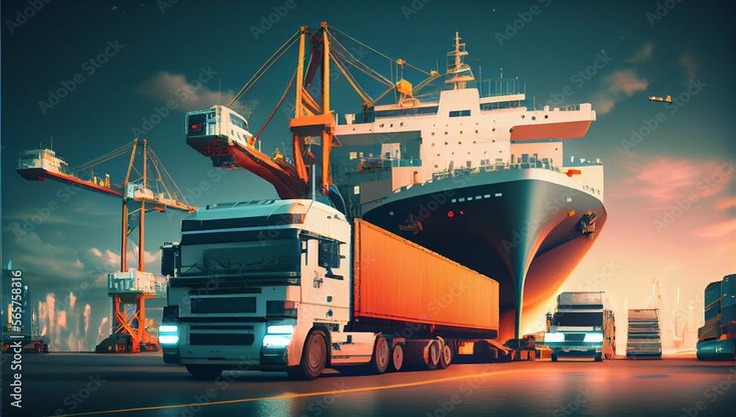
Risk Management
With meticulous planning, project logistics minimizes risks such as delays, damage to equipment, or regulatory non-compliance, ensuring the smooth execution of the project.

Customizable Solutions
Offers flexible logistics options, such as heavy-lift transport, warehousing, and global distribution, to meet the unique demands of large-scale projects.

Cost Optimization
Efficient project logistics helps reduce costs by optimizing transport routes, reducing unnecessary handling, and streamlining supply chain processes.
Advantages of Project logistics service with Express Global

Flexibility and Adaptability
Easily adapts to unexpected changes in project scope, timelines, or requirements, ensuring project success under varying conditions.

Standard Logistics
Involves the regular movement of goods within a supply chain, such as managing inventory, distributing products, and handling routine shipments.

Standard Logistics
Focuses on optimizing daily operations and efficiency for ongoing supply chain needs.
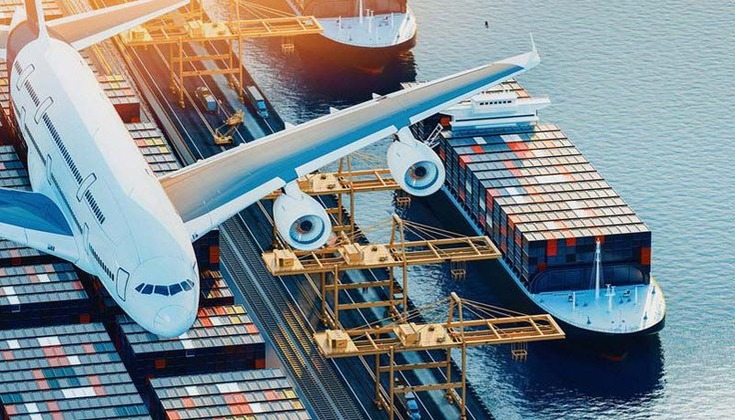
Stakeholder Involvement
Involves managing a smaller number of stakeholders and partners within a relatively straightforward supply chain.
FAQs
Project Logistics refers to the management of complex, large-scale projects involving the transportation, storage, and handling of oversized, heavy, or specialized equipment and materials.
It ensures the smooth execution of large projects by providing tailored solutions for managing unique transportation needs, minimizing risks, and ensuring on-time delivery.
Industries such as construction, oil & gas, infrastructure development, manufacturing, mining, and energy rely heavily on project logistics.
Heavy machinery, large construction components, turbines, pipelines, storage tanks, and other custom-engineered goods.

.svg)